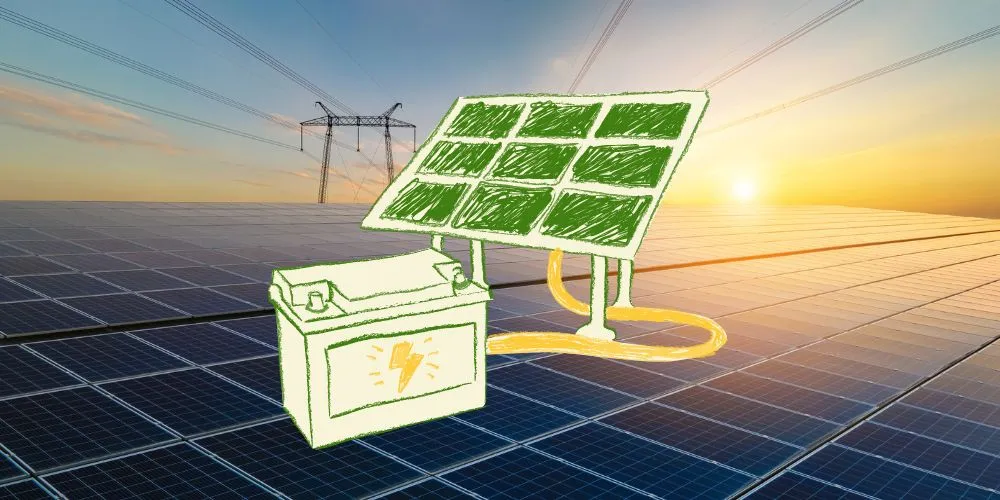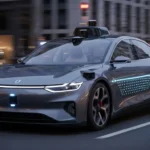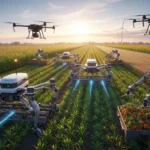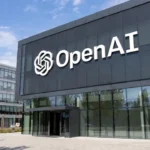Distributed solar power, a paradigm shift in energy generation, redefines how we harness and consume electricity. Unlike traditional centralized power systems, distributed solar power involves generating electricity from solar panels installed on or near the point of use. This decentralized approach not only taps into a clean and renewable energy source but also empowers individuals, communities, and businesses to participate actively in the energy transition.
Harnessing Solar Energy Locally
The essence of distributed solar power lies in its decentralization of energy production. Traditional power systems rely on large, centralized power plants that transmit electricity over long distances to end-users. In contrast, distributed solar power systems generate electricity locally, minimizing transmission losses and increasing overall efficiency. By placing solar panels on rooftops, in residential neighborhoods, or on commercial buildings, communities can harness the power of the sun right where it’s needed.
Energy Independence and Resilience
Distributed solar power promotes energy independence by allowing communities to generate their electricity. Homes, businesses, and institutions equipped with solar panels can reduce their reliance on grid-supplied power, especially during peak demand. It not only lowers electricity bills but also enhances energy resilience. In times of grid outages or emergencies, distributed solar power systems with energy storage abilities can deliver a reliable source of electricity, ensuring essential services remain operational.
A Clean and Sustainable Pathway
One of the most compelling aspects of distributed solar power is its positive environmental impact. Solar energy is abundant, clean, and renewable, producing electricity without emitting greenhouse gases or other harmful pollutants. By embracing distributed solar power, communities contribute to decreasing carbon footprints and dependence on fossil fuels. This shift aligns with global efforts to combat circumstances change and transition towards a more sustainable and eco-friendly energy landscape.
Economic Opportunities
The growth of distributed solar power brings forth economic opportunities and job creation. The installation, maintenance, and expansion of local solar systems create employment opportunities in the renewable energy sector. Additionally, individuals and businesses investing in solar installations often benefit from government incentives and reduced long-term energy costs, stimulating economic growth at both local and national levels.
Conclusion
Distributed solar power is not merely a technological advancement but a transformative force reshaping the energy landscape and empowering communities. By decentralizing energy production, harnessing solar power locally, and promoting sustainability, it represents a beacon of hope in the quest for a cleaner, more resilient, and equitable energy future. As communities embrace the sun’s potential as a limitless source of power, they contribute to environmental conservation and embark on a journey toward energy independence and a brighter, more sustainable tomorrow.







